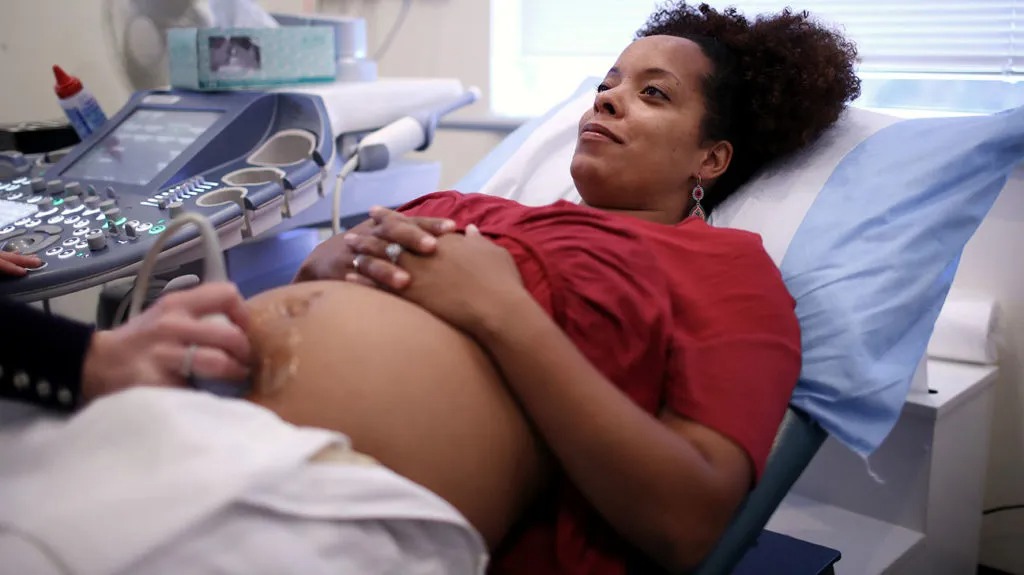
When it comes to sexual and reproductive health, it can be hard to know what's "normal" and what may be a sign of a potential health problem. Even if you feel embarrassed about certain issues, your gynecologist has seen and heard it all and is there to help you, not to pass judgment.
1
You need to tell your gynaecologist whether you have had any miscarriages or if your pregnancies where difficult in the past. “This is important because if you had a preterm labour, you are at risk of having a pre-term labour again,” said the gynaecologist. You should also tell your doctor if you are pregnant or if you want to get pregnant. “If you want to get pregnant, it will determine the nature of the investigation that is to be carried out,” he said.
2
“The procedure that it takes to have an abortion can affect the integrity of the cervix,” explained Dr Abrahams. Because an abortion causes scarring, it might be important for the doctors to know just in case you have to do a surgery. If it is a case where you are infertile, talking about the abortion with your gynaecologist could help them to put things more into perspective. They will know that you were fertile at one point in your life and can better diagnose the cause for your infertility. Furthermore, multiple abortions could increase your risk for miscarriages and premature births.
3
Note the date of your last period before you visit your gynaecologist because this information is required for treatment. You must inform your doctor about any problems you might be having such as spotting, cramping, irregular flows and whether your period is heavy or light.
4
It is important that you tell your doctor about any abnormalities during sexual intercourse. Let them know if you experience pain or bleeding during intercourse, for example. You should also tell the doctor whether you have witnessed a huge increase or decrease in your libido as this could be linked to a hormonal problem.
5
Gynaecologists usually require the date of your last pap smear and the results. You should also tell your doctor whether you have had an abnormal pap smear. You should also inform your gynaecologist about your contraceptive usage.
6
You should inform your doctor about operations that you might have done prior to your visit. Something as simple as a prior visit to the dentist can have an impact on your treatment, says Dr Abrahams. Chronic conditions such as diabetes, hypertension and asthma should be pointed out so that your gynaecologist can know what treatment to prescribe. “Sometimes you can end up giving medications that affect the ones that you are already taking,” explained the gynaecologist. He said, too, that some medications affect pregnancy and some drugs used during surgery can cause allergic reactions. “It is a good idea when you are going to any doctor, to walk with your drugs; but if you don't, you need to tell them what you are taking,” he said.
7
It is important that you tell your doctor whether you smoke or drink or take recreational drugs, so that the best health care can be provided for you. This is especially important if you are pregnant or you are to undergo a surgery. “If you are a chronic smoker, for example, then you will need more anaesthetic,” said Dr Abrahams.
8
If you are a practising Jehovah Witness, for example, it is very important that you inform your gynaecologist. This is especially important if you are going into surgery. Witnesses don't accept or donate blood transfusions. “If you have a Witness patient, then you would want to be very aggressive in getting them iron prior to surgery,” Dr Abrahams said.
9
Noticing a growth in your vagina or around your labia can seem worrisome. Is it an ingrown hair, a pimple, a cut from shaving or possibly something more concerning? Bumps are often benign, but it's important to have your doctor perform an examination when you feel something. "Genital warts may be visible for some time, but herpes lesions can heal over seven to 14 days, making it important to be seen when the outbreak is occurring," Lawson says.
10
For many women, getting your period is an unpleasant time. Cramps, breast soreness and headaches are just a few of the most common menstruation symptoms. But for some women, period pain goes beyond cramps and can be incredibly severe. If your periods are very painful or have been getting worse over time, it can be a sign of endometriosis or uterine fibroids. "It's important to speak with your doctor about this, as there are many solutions that can make these conditions more manageable. You don't need to suffer in silence," says Shari Lawson, M.D., a Johns Hopkins gynecologist.
© 2025 fiwibusiness - All Rights Reserved.